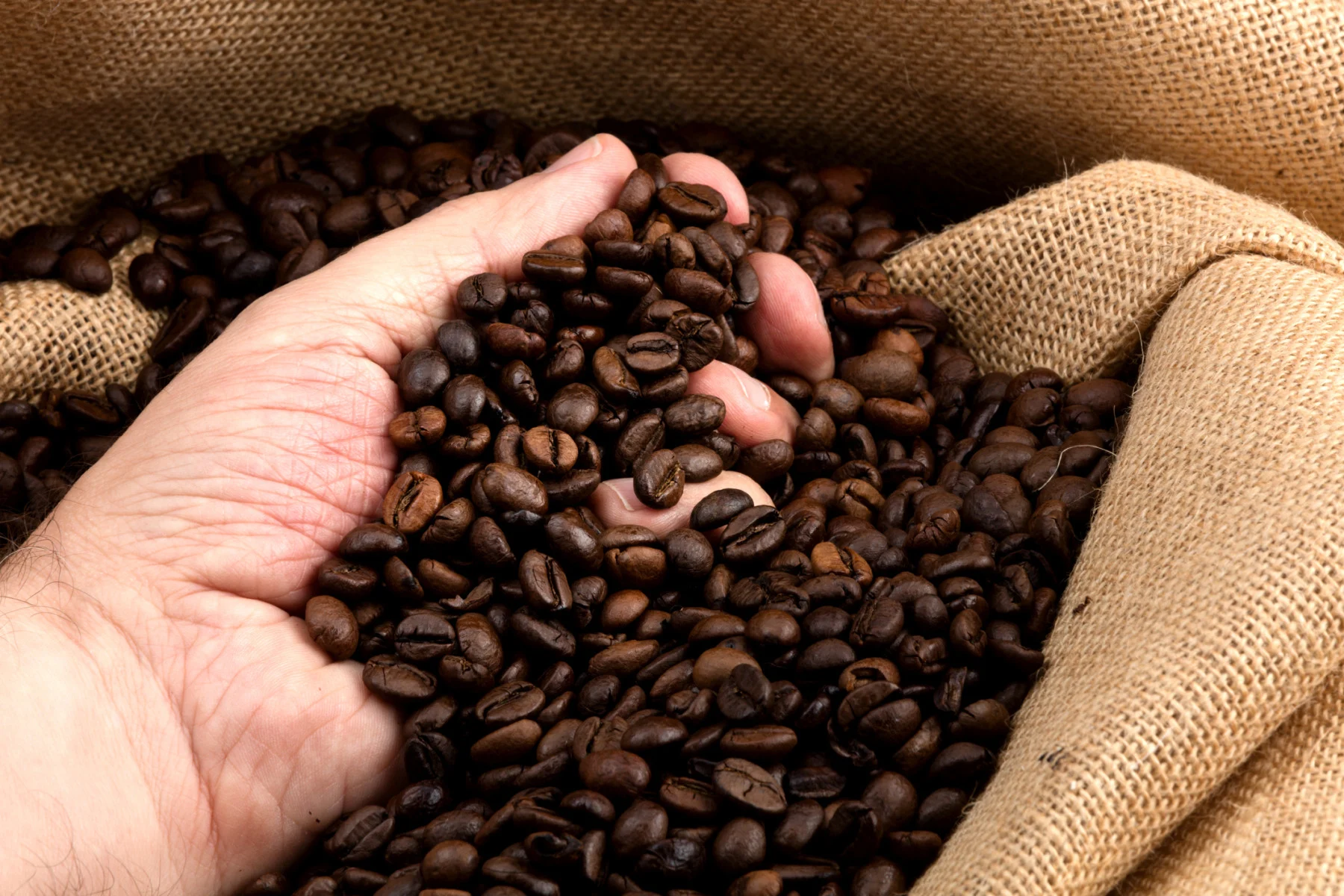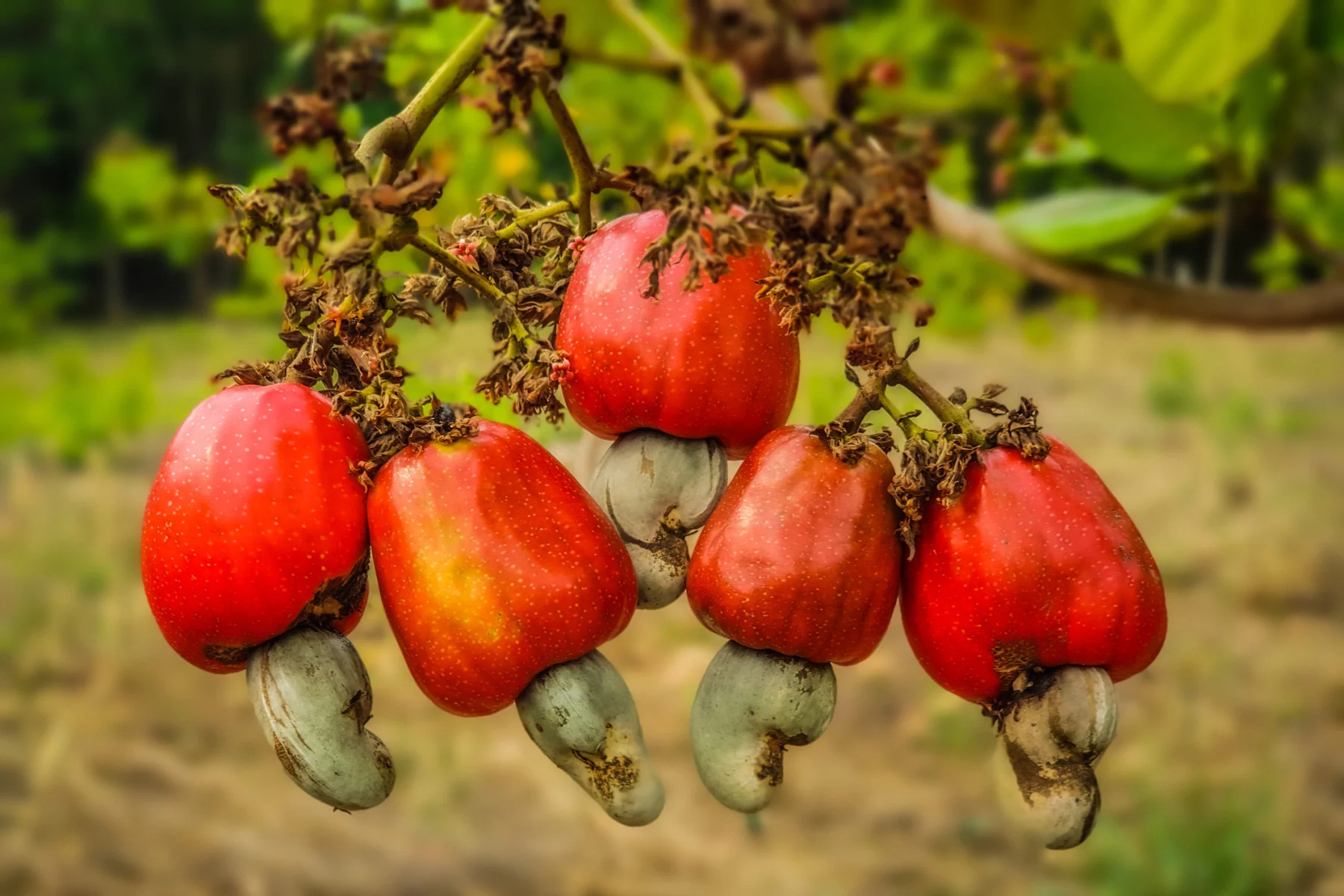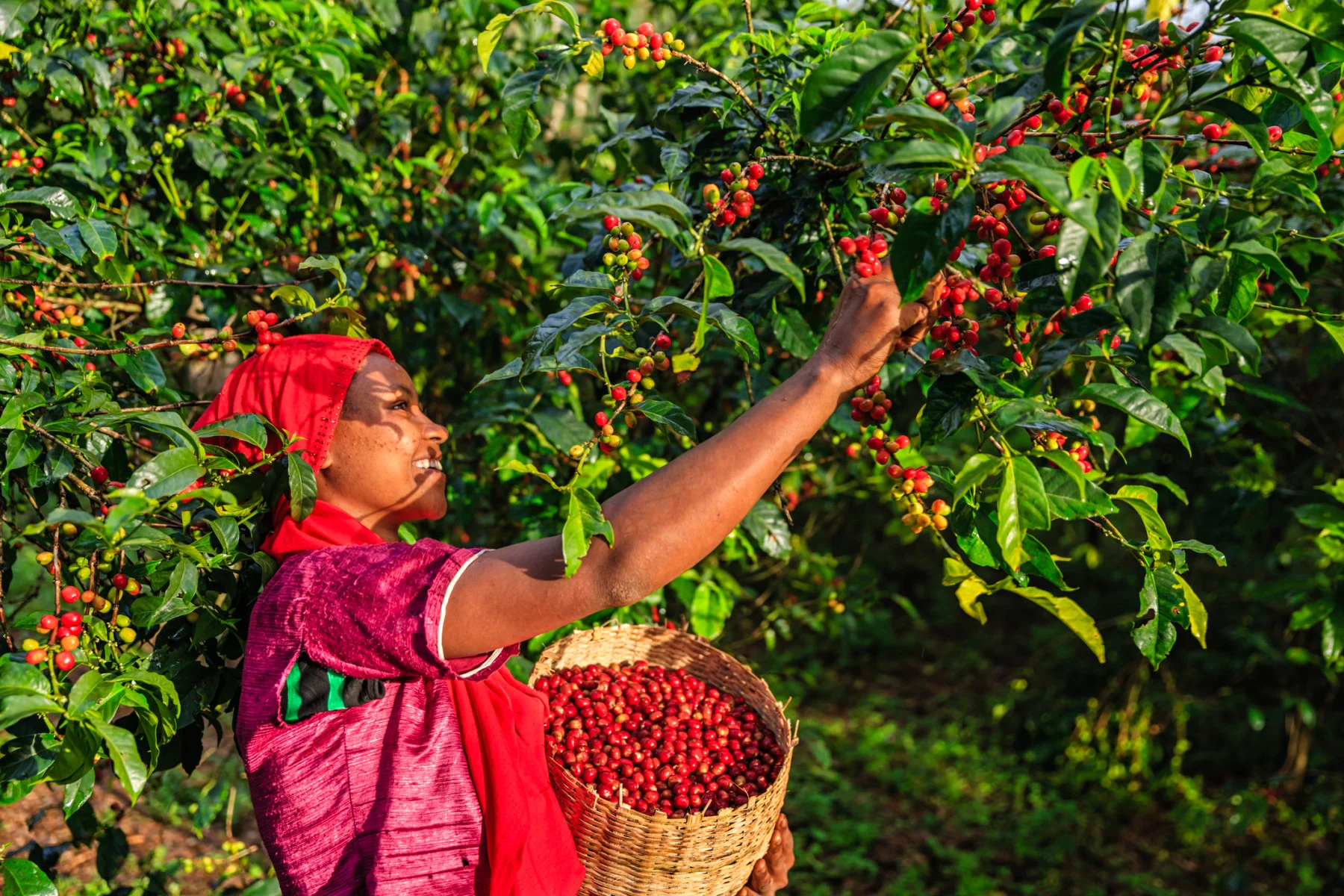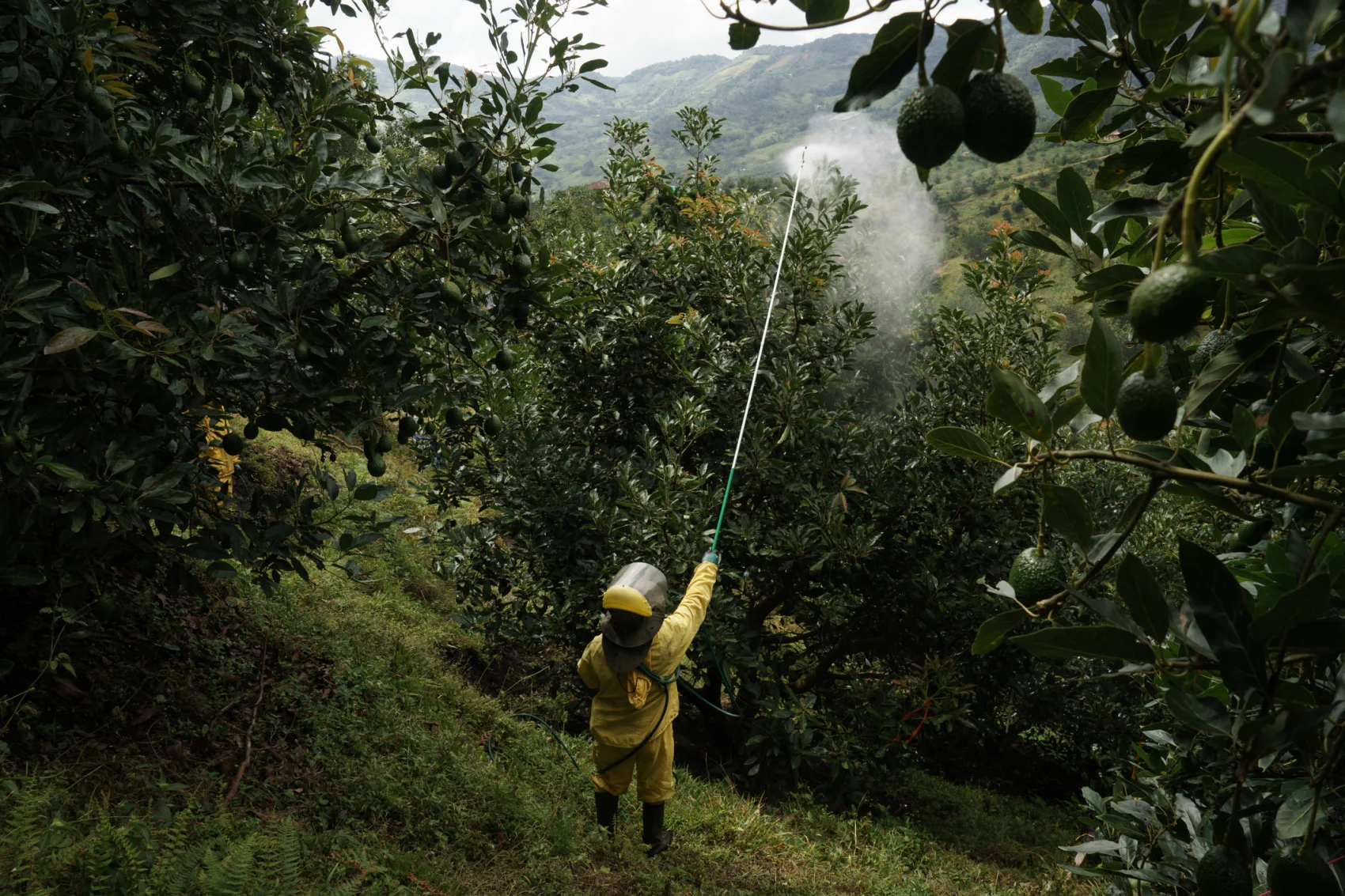
Growing regions for coffee, cashews, and avocados will shift, study predicts
Numerous climate change adaptation strategies will be needed in most regions that produce these valuable crops to ensure future cultivation, scientists say.
Significant challenges lie ahead for the regions where crops like coffee, cashews, and avocados grow due to the warming climate, reports a study published in PLOS. All three of these crops thrive in relatively similar growing conditions and are the livelihood of millions living in Latin America, South and Southeast Asia, and Africa.
By 2050, the Intergovernmental Panel on Climate Change (IPCC) says that global temperatures could be 1.2°C to 3°C warmer than pre-industrial temperatures, which the study says “will directly affect the climate suitability of growing regions for crops and can therefore cause shifts in production regions or call for adaptation measures in agricultural management, such as more heat or drought-tolerant varieties.”
The researchers analyzed 14 global climate models to see how soil conditions, landscape factors, and climatic variables like precipitation and annual temperatures, would be impacted under several greenhouse gas emission scenarios from now until 2050.
The study found that major producing countries of cashews, including Vietnam, India, Côte d’Ivoire, and Benin, are predicted to face challenges producing this crop in the future. Increasing annual temperatures and higher precipitation in some areas will worsen growing conditions, but the study says that areas of high suitability for growing cashews will actually increase globally by about 17 per cent due to warming minimum temperatures during the coldest month of the year.
While more regions will be able to grow cashews in the coming decades, the negative impacts from the warming climate enabling this expansion will be strongly and disproportionately felt. Benin, one of the poorest countries in the world where roughly 70 per cent of employed individuals work in the agricultural sector, could see nearly a 100 per cent decline of highly suitable growing areas in 2050 if we continue on a high emissions scenario.

Cashew nuts and fruits hanging on a tree in Northeastern Thailand. (Armin Kritzinger/ iStock/ Getty Images Plus)
Coffee arabica, the world’s most popular type of coffee, originates from Ethiopia and is now grown on several continents. This coffee species is highly sensitive to even minor changes in the environment and the main producing regions, Brazil, Vietnam, Indonesia, and Colombia, were shown to have a decrease in suitability for growing coffee in the future.
In the study’s three climate scenarios, where greenhouse gas emissions were are either low, intermediate, or business-as-usual, the most suitable locations for coffee growing decreased by more than 50 per cent, mainly due to increasing average annual temperatures. The researchers note that some places that are currently too cold to grow coffee, such as parts of the U.S. and New Zealand, could become warm enough to successfully grow this crop.

A young woman collecting coffee berries from a coffee plant in Ethiopia. (Bartosz Hadyniak/ E+/ Getty Images)
Precipitation, both increasing and decreasing amounts of rainfall, was shown to be the most impactful factor for future avocado cultivation. The four main avocado-producing countries, Mexico, Dominican Republic, Peru, and Indonesia, are expected to see both positive and negative impacts on avocado suitability by 2050. Some areas will become wetter while others will become drier and face increasingly frequent droughts.
Changes will largely be positive for avocado growth in Mexico while Dominican Republic, Indonesia, and Peru could see decreases in suitable areas up to 85 per cent, 65 per cent, and 76 per cent, respectively.

A worker fumigates avocado trees in Colombia to protect them from mites, a requirement for exports. (Mariana Greif Etchebehere/ Bloomberg Creative Photos/ Getty Images)
Mexico is the top producer of avocados worldwide and experts say that increasing global demand for this crop could lead to geopolitical conflict and violence. Verisk Maplecroft, an England-based global risk consulting firm, released an analysis in 2019 stating that Mexican avocados could become the next “conflict commodity” due to their exponential growth becoming a target for organized crime and corruption. Forced labour, illegal logging and forest clearing for cultivation, and coercion against avocado pickers are some of the concerns outlined in the analysis.
“Climate change adaptation will be necessary in most major producing regions of all three crops. Adaptation measures can include site-specific management options, plant breeding efforts for varieties that are better adapted to higher temperatures or drought and in the case of coffee, replacement of arabica with robusta coffee in certain regions,” the study concludes.
“Landowners and farmers in current and future production locations must be willing to change their management or grow a new crop. Therefore, adaptation measures and shifts in production will each have to be addressed in participative approaches that allow the engagement of local stakeholders.”
Thumbnail credit: PepeBaeza/ iStock/ Getty Images Plus











